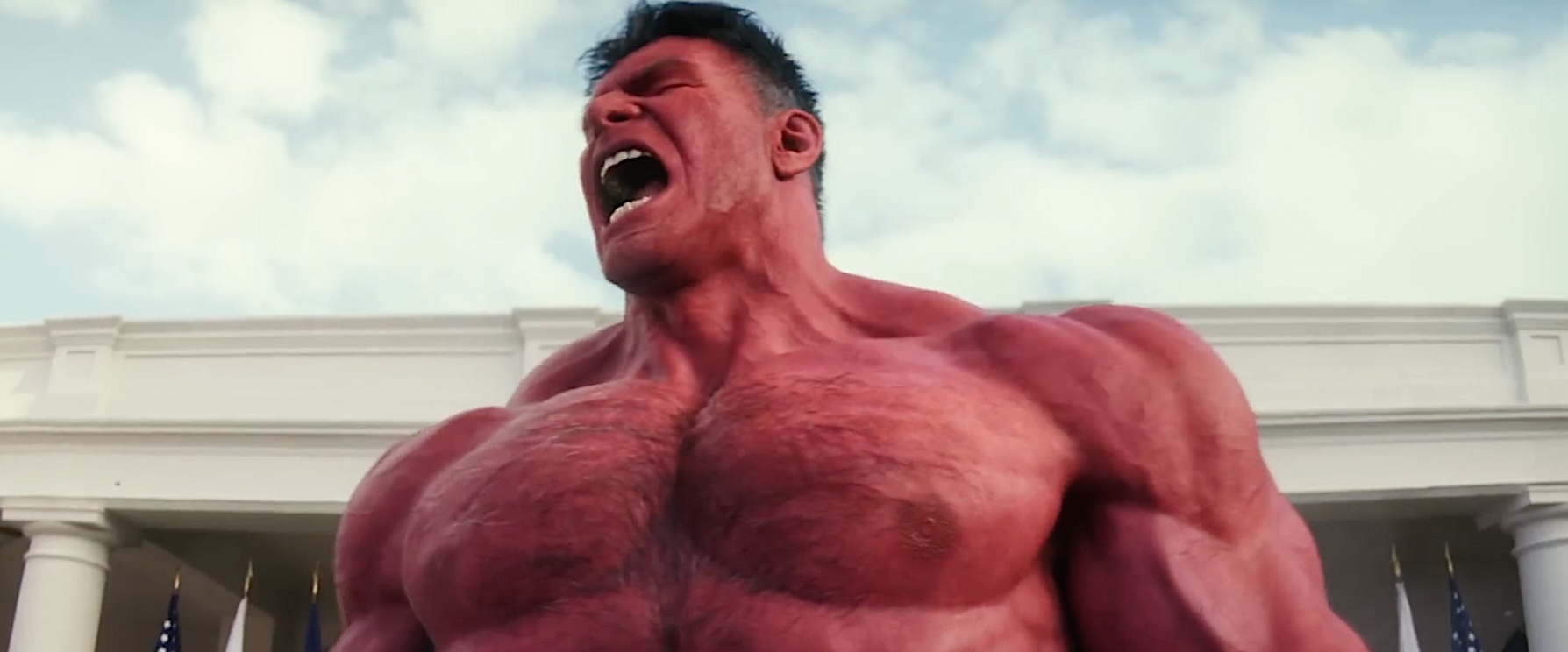For the most part, Percy Jackson and the Olympians executive producer Jonathan Steinberg says that the team behind the new Disney Plus show wanted to keep the story the same as it is in the books. But there is one big change the show makes in the third episode — and it alters Percy’s view of the gods, while adding more nuance to how they fit into this world.
[Ed. note: This post contains spoilers for episode 3 of Percy Jackson and the Olympians, and the same moment in the books.]
:no_upscale()/cdn.vox-cdn.com/uploads/chorus_asset/file/24934441/165849_3935_V2.jpg)
In “We Visit the Garden Gnome Emporium,” Percy (Walker Scobell) and his friends Annabeth (Leah Jeffries) and Grover (Aryan Simhadri) encounter Medusa (Jessica Parker Kennedy), the legendary monster of Greek mythology with snakes for hair and a gaze that turns people to stone.
Instead of a slow reveal that the mysterious Auntie Em is actually Medusa and her garden statues are her victims like in the book, the show’s Medusa outright introduces herself. In fact, she presents herself as an ally and relates her story to Percy, as someone who was also left behind by Poseidon.
It’s a sympathetic portrayal of Medusa that fits in the current cultural wave of reclaiming Greek mythology, particularly narratives around women. Madeline Miller’s Circe put a sympathetic twist on the Odyssey’s vengeful witch; Supergiant’s Hades is one of the many Greek mythology-inspired stories that turns the Hades-and-Persephone narrative from a kidnapping into a consensual romantic relationship. Percy Jackson and the Olympians’ rendition of Medusa feels in line with such reimaginings: In some versions of mythology (and in the Percy Jackson mythos), Medusa is a former priestess of Athena seduced by Poseidon, then left to face Athena’s ire. It’s not a story that paints any of the gods in a particularly good light. Percy, who in both versions of the story has been slowly stewing at the audacity of the gods just leaving their lovers with children without so much as a note, is primed to sympathize with another person who got screwed over by the gods.
:no_upscale()/cdn.vox-cdn.com/uploads/chorus_asset/file/25138824/g_disneyplusoriginals_percyjacksonandtheolympians_still_b41eb5b1.jpeg)
“With Medusa specifically, it was in conversation with Rick [Riordan],” says Steinberg. “It was an awareness that came up in our conversations of how much her story mirrored Sally’s and how much a story about a woman who fell in love with a god and didn’t have as great an experience as Sally did out of it, how relatable that could be and really kind of getting into Medusa’s experience and her headspace — what is she as a character more than what is she as just a monster.”
It’s not completely different from the books, where Percy is still susceptible to Auntie Em’s kind words while Annabeth and Grover realize her true motives earlier on. But the change in framing puts a different spin on who Medusa is and how she fits into Percy’s own journey. It emphasizes Percy’s increasing disillusionment with how the gods handle their mortal affairs and frames his point of view as almost anti-god (which isn’t quite how he ends up viewing them after this scene in the book).
When he sends Medusa’s head to the gods, then, it feels like an even bigger act of defiance. But severing Medusa’s head after she’s framed as someone who just got caught up in the gods’ own jealousies takes on a darker turn (though it’s in line with how the show plays up the gritty and serious parts of the story more than Percy’s sometimes goofy narration in the books). It puts an overall more somber veneer over the series, and ups the stakes Percy faces even more. The gods aren’t just all-powerful entities with little interest in their offspring; their actions have had direct and disastrous consequences on innocent people, and they just don’t care. The show plays up this angle more than the books, which might make the eventual end reveal more impactful.
Steinberg says that these changes to Medusa came straight from Riordan himself, who was eager to tweak some aspects of his original story.
“Try to put yourself in his shoes: He wrote a book and then wrote so many more books and that universe exploded and he never got a second shot,” says Steinberg. “He took some pleasure, I think, in being able to have another go and think about how he would write the story again if he had a do-over.”
The first three episodes of Percy Jackson and the Olympians are out now on Disney Plus, with new episodes dropping on Wednesdays.








